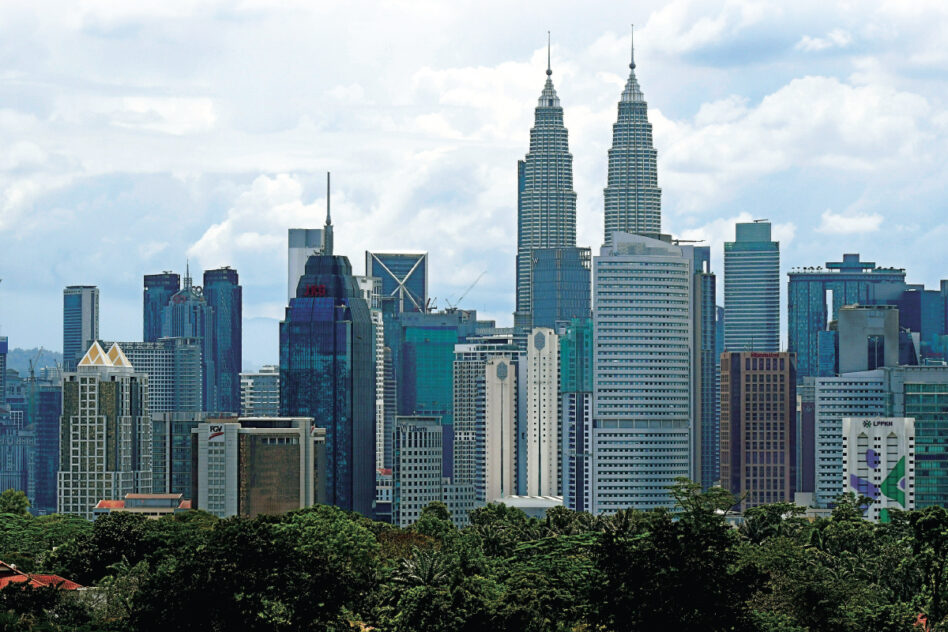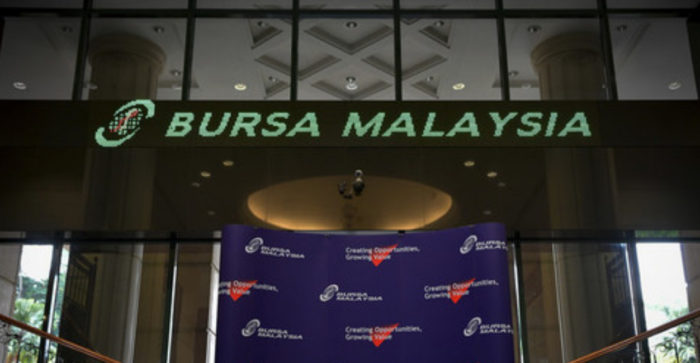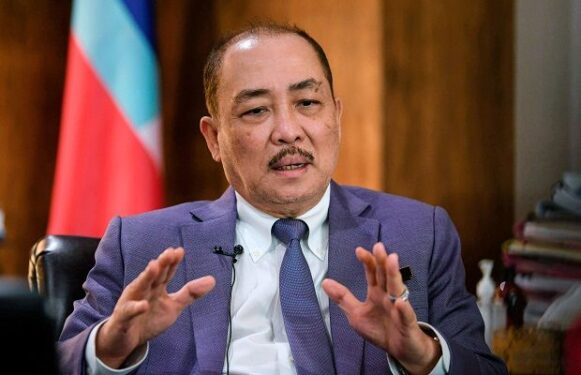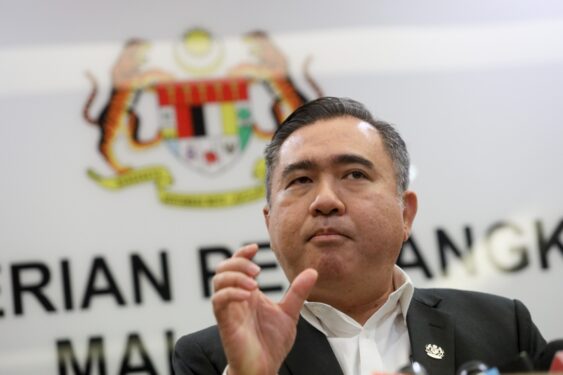THE recent Court of Appeal’s decision to reverse a High Court ruling in favour of the US Embassy in Malaysia, supporting the latter’s decision of terminating the services of an ex-security guard showed that no foreign mission enjoys absolute immunity in its conduct.
“There is no such thing as absolute immunity. Foreign missions are also subject to local laws, particularly those involving workers’ rights,” veteran lawyer Ragunath Kesavan told FocusM.
Three days ago, ex-security guard to the US Embassy in Malaysia, Subramaniam Letchimanan won his appeal against his purported unlawful dismissal from the foreign mission 12 years ago.
The three-member bench, chaired Justice Kamaludin Md Said, overturned the Kuala Lumpur High Court’s decision last year, which quashed a referral by former Human Resource Minister M Kulasegaran ordering Subramaniam’s case to be referred to the Industrial Court.
Kamaludin added that it was for the tribunal to determine whether the foreign mission had absolute immunity from local laws. Subramaniam’s case will now be heard by the Industrial Court.
Ragunath was serving on behalf of Subramaniam in the court cases.
On that note, Ragunath said that in the past, many foreign missions enjoyed absolute immunity from host countries, adding the matter subsequently changed over the years.
“There are two types of immunity. One is diplomatic immunity, which is governed by the Geneva Convention.
“The other is called state immunity but there is no convention attached to that matter,” he said.
Ragunath, a former Malaysia Bar president, said when it comes to those employed on low-ranking positions, foreign missions do not enjoy absolute immunity in dealing with their rights.
“Of course, if you’re talking about the head of security of a foreign mission, then the latter may enjoy immunity when dismissing the former, as he or she was in charge of overall security and is privy to confidential information.
“But for lower ranking officers, foreign missions must comply with local laws in dealing with workers’ rights,” he opined.
Reinstate or pay Subramaniam’s dues
Whether the US embassy in Malaysia would file an appeal against the decision, Ragunath said: “So far, they have not indicated anything but they have 30 days to appeal.”
Subramaniam was working at the US embassy as a security guard for 20 years, until he received a phone call on April 4, 2008, informing the former that his service has been terminated with immediate effect.
A month later, Subramaniam lodged a report with the Industrial Relations Department (IRD), under Section 20 of the Industrial Relations Act for unlawful dismissal.
Parti Sosialis Malaysia (PSM) lend Subramaniam a helping hand and wrote to Kulasegaran in July 2018. The case was then heard before the Kuala Lumpur Industrial Court in May 2019.
On Jan 8, 2020, the High Court ruled in favour of the US Government and quashed the referral by Kulasegaran in ordering the case to be referred to the Industrial Court.
On related matter, PSM deputy chairperson S Arutchelvan said he welcomed the Court of Appeal’s decision, adding it was a long overdue justice to Subramaniam’s plight.
“We hope the US Government will not delay this matter any further and if possible, reinstate him or pay whatever is due to Subramaniam,” he added. – Feb 6, 2021










